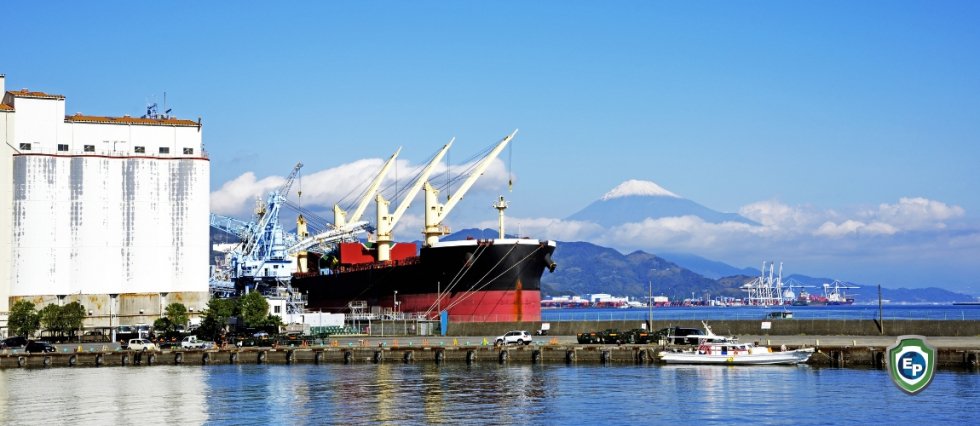EU-Japan Trade Deal: The Opportunities For Small Business
How might the Economic Partnership Agreement (EPA) signed between the European Union (EU) and Japan affect small businesses? Check out our blog to find out.

Over the years, world countries have come together to improve their economies using bilateral, multilateral, or regional trade agreements and policy strategies like economic unions. The Economic Partnership Agreement (EPA), signed in July 2018 between the European Union (EU) and Japan, is a good example of this.
This partnership, which entered into force in February 2019, is one of the biggest trade deals signed by the EU. The bilateral agreement creates a trade zone that covers over 600 million people and scraps import duties on both Japanese and European products. It has been projected that this trade deal will strengthen global GDP by 30% and trade by 40%.
Japan is currently the union’s seventh-largest trading partner, with a total trade of €123 billion in 2019. 88% of the 64,000 direct European exporters to Japan are small and medium-sized enterprises (SMEs) as well.
Thus, both the EU and Japanese SMEs can benefit from the business opportunities presented by the EPA. However, SMEs must first familiarize themselves with cultural differences, e-commerce policies, intellectual property laws, consumer protection laws, trade facilitation procedures, and accepted products to avoid possible conflicts.
Here are some benefits of the EPA to these SMEs:
1. Attract Investors and Boost Foreign Trade Opportunities
The EU’s plan to reduce the 10% duties on car imports to zero by 2027 will boost productivity for small-scale assembly plants in Japan, making it easy for them to stay in business and attract investors.

Moreover, the union's biggest exports to Japan are dairy and agricultural products, which means a tariff reduction in beef (nearly 40%), chocolate (up to 30%), wine (15%), cheese (40%), and other products will boost exports and employment in these sectors. In 2017, 76.1% of EU SMEs captured wholesale and retail trade, transport, accommodation, and food service activities as well.
2. Increased Value and Employment
Undoubtedly, SMEs are the backbones of the European economy. In fact, in 2017, they employed close to 95 million people — two out of three workers in the EU. European SMEs generated around 57% of total added value, which amounted to €4.16 trillion in that year.
Japan’s policy strategy to broker free trade with the Pacific region (CPTPP) and the EU provides many new opportunities while allowing SME exporters and importers to boost profits and create new jobs.
3. Rejuvenate Entrepreneurship and the SME Sector Size
The EPA can also help micro-businesses crossover to small businesses once it has the financial capability to create more jobs or employ new staff. This means Japanese SMEs, which declined by 27% to 3.5 million in 2016, will have a chance to bounce back.
Learn More With Export Portal
Found this article helpful? Check out the rest of Export Portal’s Blog Page for more useful information!






Comments 2